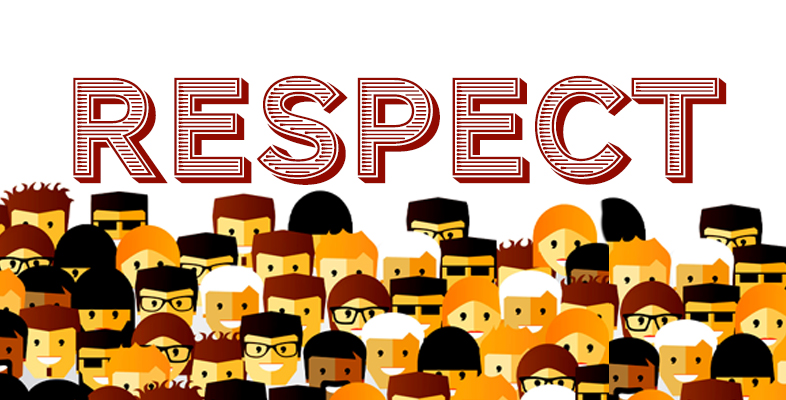Home » Course Layouts » Free Course Layout Udemy
This course, Becoming an ethical researcher, explores the ethics of planning, carrying out and reporting research which involves human participants.
0
19
English
English [CC]
- Learn basic syntax that can apply to any language.
- Learn what is a programming language and the basic concepts for beginners.
- Understand what is Javascript in it's truest form.
- Know the basic syntax of Javascript.
- Know some hidden quirks in Javascript.
Description
It will sensitise you to issues that a researcher should consider to support ethical and well-justified decision-making.
A wide variety of research scenarios are used to stimulate individual reflection and discussion on the course forum, participation in which, together with successful completion of quizzes, will contribute to gaining a digital badge.
Enrolling on the course will give you the opportunity to earn an Open University digital badge. Badges are not accredited by The Open University but they're a great way to demonstrate your interest in the subject and commitment to your career, and to provide evidence of continuing professional development.
Once you are signed in, you can manage your digital badges online from My OpenLearn. In addition, you can download and print your OpenLearn statement of participation – which also displays your Open University badge.
The Open University would really appreciate a few minutes of your time to tell us about yourself and your expectations for the course before you begin, in our start-of-course survey . Once you complete the course we would also value your feedback and suggestions for future improvement, in our end-of-course survey . Participation will be completely confidential and we will not pass on your details to others.

This course is endorsed by the CPD Standards Office . It can be used to provide evidence of continuing professional development but is not accredited learning. We are unable to provide formal learner verification services for participation in our open online courses, which are provided freely by The Open University as self-directed CPD.
Anyone wishing to provide evidence of their enrolment on this course is able to do so by sharing their Activity Record on their OpenLearn Profile, which is available before completion of the course and earning of the Statement of Participation.
Earn this free Open University digital badge if you complete this course! The badge can be displayed, shared and downloaded as a marker of your achievement. The badge is awarded for completing the course and passing the quizzes.
Course learning outcomes
After studying this course, you should be able to:
- Anticipate ethical issues in research with humans which need a researcher’s attention
- Think through options available to a researcher from an ethical perspective
- Offer an ethical rationale for decisions made as a researcher
- Feel confident in dealing with unanticipated issues as they arise during research
- Act ethically when planning, conducting and reporting research with humans.
Course content
- Introduction and guidance 00:25:00
-
- Who is this course for? 00:12:00
- Studying this course alongside Masters in Education or Masters in Childhood and Youth modules 00:12:00
-
- What is a badged course? 00:12:00
- What is a badge? 00:12:00
- How do I achieve a badge for this course? 00:20:00
- Moving around the course 00:20:00
- Introduction and aims 00:25:00
- Activities 00:20:00
- What to research: sensitive topics 00:15:00
- Sensitive topics and contexts 00:30:00
- Making a difference: why is research important? 00:10:00
- Is covert research ever ethical? 00:30:00
- Introduction and aims 00:20:00
- Activities 00:20:00
- Time spent in planning is time well spent 00:15:00
- Concepts to support researchers and participants 00:10:00
- Putting potential participants’ views first 00:10:00
- Summary of Session 2 00:15:00
- Being held accountable 00:12:00
- Researcher accountabilities 00:10:00
- Participatory research 00:12:00
- Accountability 00:15:00
- Ethical guidelines for researchers 00:40:00
- Introduction and aims 00:15:00
- Activities 00:20:00
- Respecting vulnerability in research 00:45:00
- Research often needs courage 00:45:00
- Introduction and aims 00:10:00
- Activities 00:20:00
- Aristotle’s guidance on virtuous behaviour 00:10:00
- Working with sponsors 00:25:00
- Researcher wellbeing 00:15:00
- Introduction and aims 00:15:00
- Activities 00:20:00
- What could go wrong after research? 01:00:00
- Meeting expectations of others 00:40:00
N.A
- 5 stars0
- 4 stars0
- 3 stars0
- 2 stars0
- 1 stars0
No Reviews found for this course.










